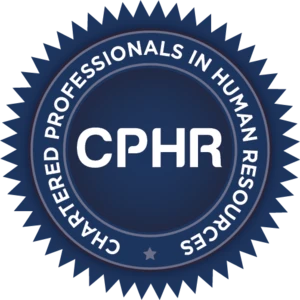As the use of emerging technologies to monitor both in-office and remote employees continues to increase, so too does the need for workplaces to implement proper privacy and security policies. In this webinar, leading practitioners will discuss the following questions:
$595.00Add to cart
- How have attitudes of arbitrators evolved in assessing surveillance measures and evaluating privacy rights of workers?
- What does the increased use of artificial intelligence (AI) mean for privacy in the workplace? How can organizations effectively create guardrails to ensure privacy is maintained when integrating AI into their workplace?
- In what circumstances can employers collect biometric data from their employees? What measures should employers put in place to ensure the protection of both employee privacy and the biometric data collected?
- What takeaways can public and private employers glean from the Supreme Court of Canada’s decision in the York Region case regarding an employee’s reasonable expectation of privacy in the workplace? How can these takeaways be applied to workplace policies?
- What changes to federal and provincial legislation are currently under consideration that will address gaps in the regulation of workplace surveillance?
- What key issues should employers and unions address in policies or collective agreements governing privacy and access to information?









